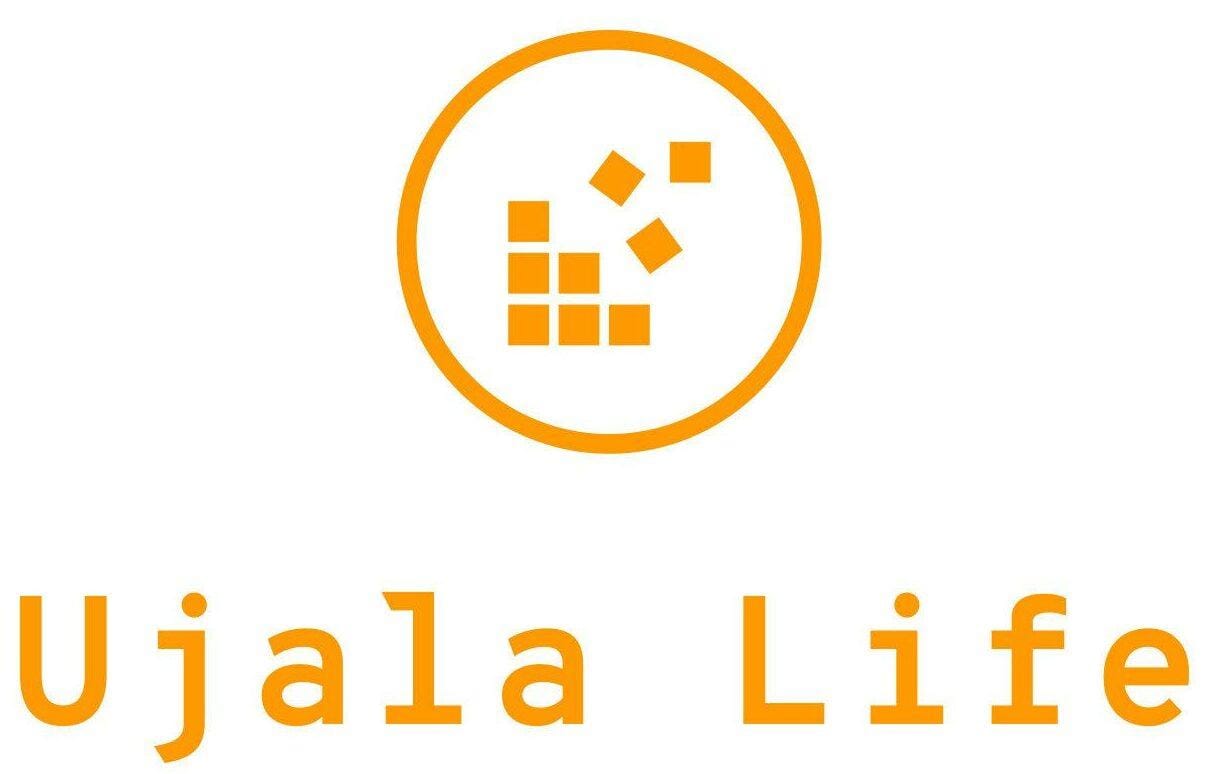Naturalistic Developmental Behavioral Interventions (NDBI)
Naturalistic Developmental Behavioral Interventions (NDBI) are at the intersection of behavioral and developmental approaches to early intervention. NDBIs are research-based interventions derived from the science of Applied Behavior Analysis (ABA) and Developmental Psychology. These interventions integrate components from both fields and leverage the strengths of each perspective to serve young children from birth through age five.
Behavioral Components of NDBI
Behavioral components found across Naturalistic Developmental Behavioral Interventions include:
- Environmental arrangement: Structuring the environment to promote learning and engagement.
- Direct Teaching: Explicitly teaching specific skills in a structured manner.
- Prompting: Providing cues or hints to encourage desired behaviors.
- Reinforcement: Using rewards to increase the likelihood of desired behaviors.
- Shaping: Gradually modifying existing behavior into the desired target behavior through reinforcement.
Developmental Components of NDBI
Developmental components found across Naturalistic Developmental Behavioral Interventions include:
- Following the developmental sequence: Teaching skills in the order that they typically develop in children.
- Utilizing a child’s natural environment: Implementing interventions within settings that are part of the child’s everyday life.
- Following the child’s lead: Encouraging child-initiated interactions to promote engagement.
- Joint engagement: Fostering shared activities between the child and caregiver or therapist.
- Relationship building: Creating and strengthening emotional connections between the child and others.
While NDBIs are considered a newer class of interventions for young children, there are several established and evidence-based interventions including:
- Early Start Denver Model (ESDM): Combines ABA techniques with developmental approaches to improve cognitive, language, and social skills.
- Pivotal Response Treatment (PRT): Focuses on pivotal areas of a child’s development to produce broad improvements in communication, behavior, and social skills.
- Joint Attention, Symbolic Play, Engagement, and Regulation (JASPER): Targets joint attention and play skills to enhance social communication.
- Project ImPACT (Improving Parents as Communication Teachers): Trains parents to use strategies that promote social-communication skills during everyday interactions.
- Enhanced Milieu Teaching (EMT): Uses a child’s natural interests and motivations to build communication skills through modeling and responsive interactions.
Implementation and Effectiveness
NDBIs are implemented in a variety of settings, including homes, schools, and clinics, making them highly adaptable to individual needs and circumstances. Their effectiveness is supported by numerous studies demonstrating improvements in social communication, language, and adaptive behaviors among children with Autism Spectrum Disorder (ASD) and other developmental disabilities.
A key strength of NDBIs is their focus on naturalistic teaching methods, which means that learning takes place in the context of everyday activities and routines. This approach not only makes learning more relevant and engaging for children but also facilitates generalization of skills to other settings and situations. By embedding interventions within daily routines, children are more likely to apply learned skills in real-life contexts.
The Role of Parents and Caregivers
Parents and caregivers play a crucial role in the success of NDBIs. These interventions often involve training parents to use specific strategies to support their child’s development. By empowering parents with the skills and knowledge to implement interventions at home, NDBIs promote consistency and reinforce learning across different environments. This collaborative approach helps to create a supportive and responsive learning environment for the child.
Additional Resources
For more information, check out the following resources:
- Innovations in Early Intervention for ASD: New Findings, New Tools, and New Methods (video)
- Naturalistic Developmental Behavioral Interventions: Empirically Validated Treatments for Autism Spectrum Disorder (journal article)
In conclusion, NDBIs offer a comprehensive and effective framework for early intervention by leveraging the strengths of both behavioral and developmental approaches. These interventions not only address the immediate needs of young children but also lay the foundation for long-term development and success.
At Ujala Life, we integrate natural environment teaching and compassion-based care into our therapy programs to better serve the families of special needs children in New Jersey. Our approach aligns with the principles of NDBIs, emphasizing the importance of a nurturing and supportive environment for optimal learning and development. We are committed to providing high-quality, evidence-based interventions that meet the unique needs of each child and family.







